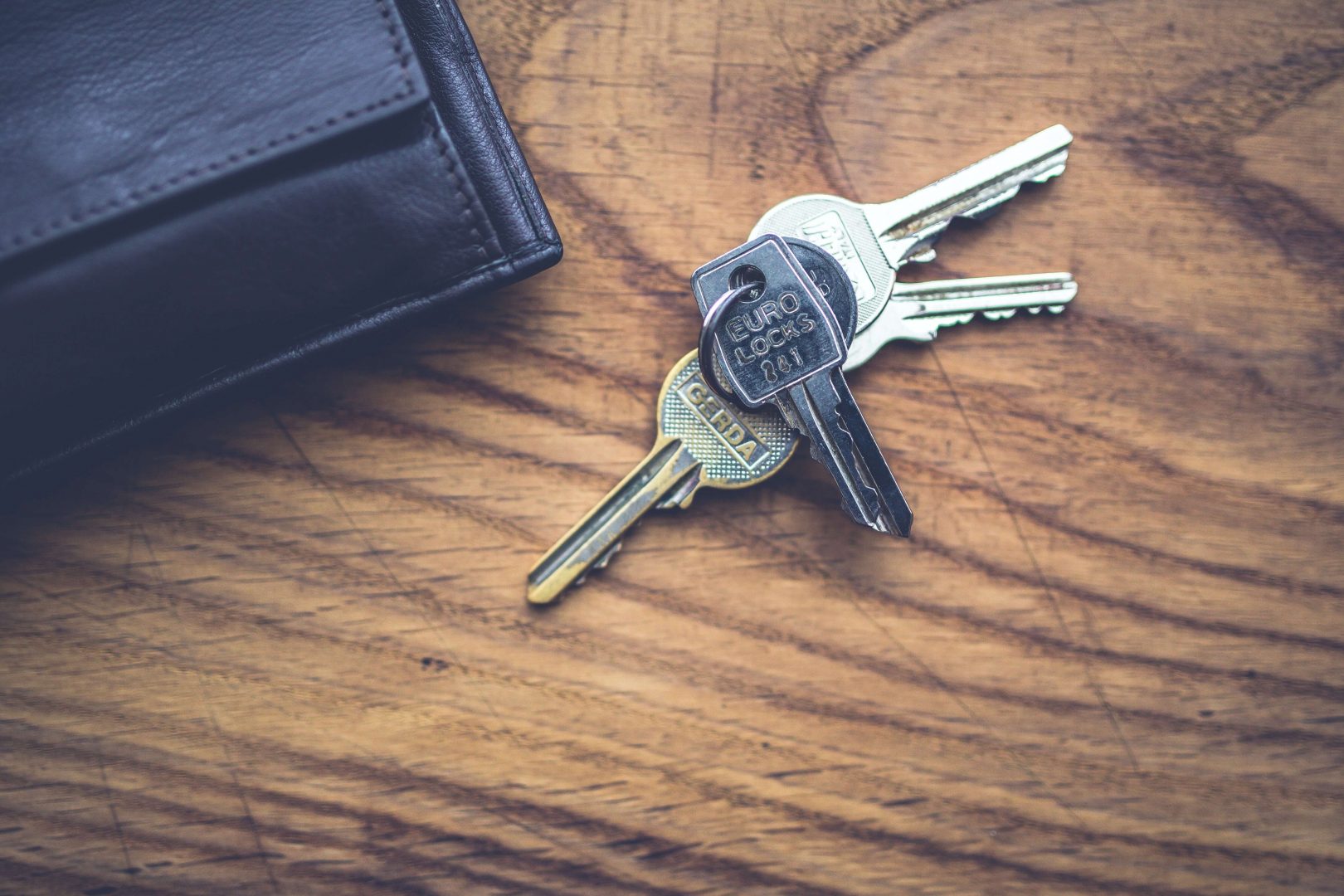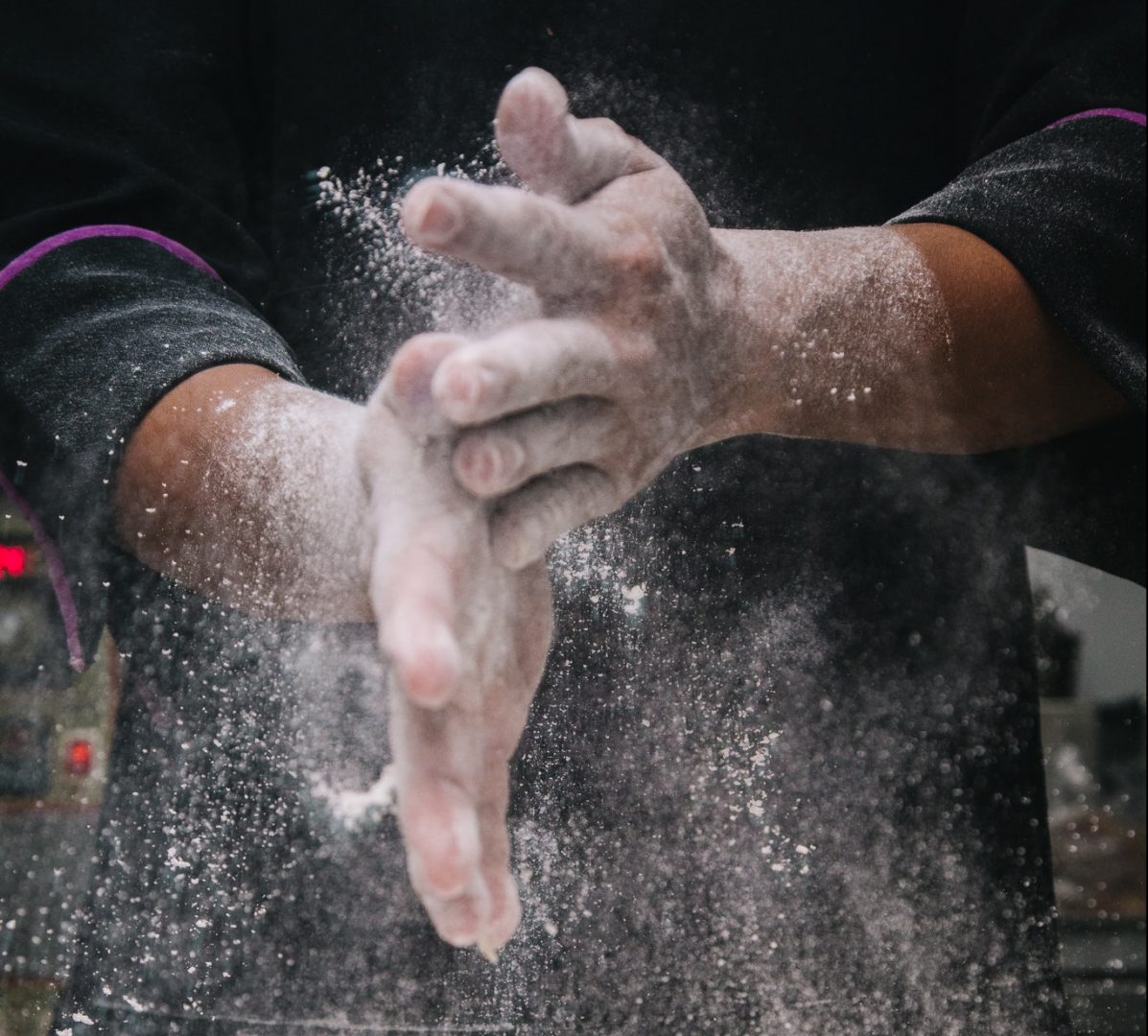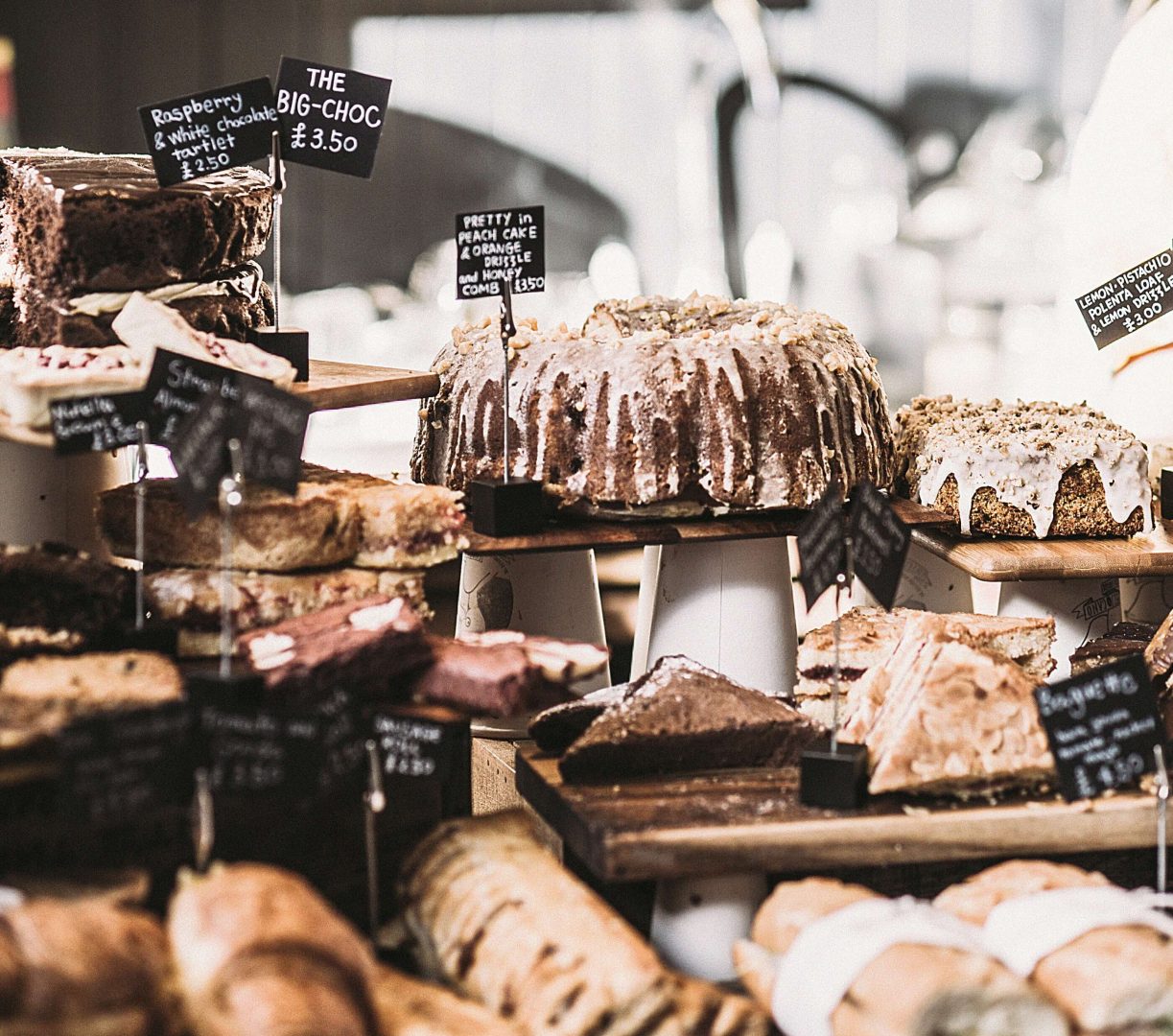Home baking businesses are having a moment – between 2012 and 2016 numbers of home baking and cake decorating businesses increased by an astounding 1,500% according to insurers Simply Business, and those figures are likely to stay high as consumers move from mass-produced food to artisan products.
The Federation of Bakers reports that the UK bakery market is worth £3.6 billion – so how do you go about getting a piece of the pie? Here at TechRound, we’ve compiled a list of the ten steps for starting a baking business UK cake-centric entrepreneurs should know about.
1. Register as Self-Employed

Before you do anything, register for Self Assessment with HMRC. Every self-employed person and sole trader needs to report their earnings, pay income tax and contribute towards National Insurance; it’s all very straightforward. Our guide to registering as a sole trader explains the process and why you might consider registering as a limited company once business grows.
2. Inform Your Local Authority

When starting a baking business, UK entrepreneurs should also register for a food business with the local authority’s environmental health department. This should be done at least 28 days before you begin trading; this gives them time to assess your food preparation era for hygiene. As intimidating as this is, the standards are very straightforward; for example, you’ll need adequate hand-washing facilities, lidded waste containers and for all surfaces to be washable and in good condition. Reading Borough Council has a good guide to the regulations as a PDF here.
3. Take Out Insurance

There are various aspects of business insurance, all important; for example, product liability insurance covers you if a client becomes ill after eating your cakes. Equipment cover is helpful for expensive appliances like your oven, refrigerator and stand mixer, while public liability protects you from accidental damage to clients’ property.
You should especially be prepared for personal accidents, say if you burn yourself badly with hot sugar, as it will affect your income while you recover. Some insurers cover employees but do not specify whether self-employed people are covered, so be certain before you take out a policy.
A good insurer will help you to build coverage that fits your needs.
4. Tell Your Landlord or Mortgage Provider

It’s perfectly legal to run a business from a rented home, but you must have your landlord’s written permission. Your landlord must be reasonable; they can refuse permission if you will be disruptive or damage the premises, but not if you are respectful and the property remains primarily residential. Common sense applies: baking and decorating are normal activities in a home, while installing a specialist bread oven is not.
Similarly, if you have a mortgage you should consult your provider first.
5. Find Your Baking Niche

Home baking businesses are booming, so it helps to have a strong idea of what you’re doing and do it well. Perhaps you bake incredible vegan cakes, or you have a talent for decorating biscuits beautifully? Maybe your brownies are unrivalled, or you prefer traditional regional baking? Whatever your specialty, make it known.
6. Set Your Prices

Before you take on business, take some time to research your competitors’ rates and your costs. You’ll need to cover ingredients, overhead and your time; you deserve to be paid a fair wage! Work out your fee per hour and use this and your other expenses to set pricing guidelines.
7. Build Your Web Presence

You should be able to point potential customers to a website that explains what you do, with pictures of your creations. Social media is a plus, but it’s better to have just one or two channels you do really well than to update everything sporadically.
To really show off your skills, your photos should be crisp, naturally lit and free from clutter. You can do this yourself, but working with a photographer ensures photos that will help you to stand out from the crowd. Students and new freelancers will often offer low rates in order to build their portfolio, or you might know somebody who will work with you for a reasonable price.
8. Promote Your Home Baking Business

Selling at local markets or hiring a stand at a specialist cake and bake show is a great way to show your wares and bring in customers. Offer free samples and bring plenty of business cards and price lists for punters.
If you’re social media savvy, perhaps you could work with a local influencer or event? Fashion brands usually hand out goody bags at runway shows, and themed cakes and biscuits always go down a treat. Be wary of doing too many sponsorships and freebies as it will cut into your time and budget, but careful placement can prove rewarding.
9. Work With Other Businesses

Supplying other businesses can be mutually beneficial and help you to build a stable income. Many bakers will supply local shops and cafés, or you could set up a standing order with a nearby office.
10. Keep Track of Your Finances

Hold on to every invoice and receipt and make sure to track your income and outgoings – it’s much easier to work as you go than to rush at the end of the tax year. You can do this with simple spreadsheets and folders or install specialist software to handle it for you.
More Resources About Starting a Baking Business UK
Read our interview with Chris Player, founder of PlayerBakes. He talks about how he started his home baking business and how to get off to a flying start.
Other Things to Consider When Setting Up a Home Baking Business
Whilst the list above details some of the main steps bakers should take when starting a baking business in the UK, there are also a few additional things to consider.
Those setting up a home baking business should be compliant with all the relevant cleaning regulations. Complying with these cleaning rules can seem confusing and stressful at first, however, they’re actually quite simple and easy to follow.
For those who are new to the cooking and baking business, it might help to take a course in food hygiene, as this can be a very easy way of learning the cleaning regulations that will apply to you and your home baking business. Below is a list with some of the main areas entrepreneurs need to consider when baking their products from home:
- Cleaning facilities – you should have adequate cleaning facilities for washing equipment and cleaning food, with both hot and cold water available.
- Building’s features – you should also make sure that all of the doors, walls, windows and ceilings where you conduct your baking are kept adequately clean, free from mould and easy to disinfect.
- Food storage – all food used for the business should be properly stored. If possible, it might be worth investing in a new fridge and storage space to avoid any mix-ups with your personal food and food for the business. However, if this can’t be done, separation within the communal space is key, reducing the risk of cross-contamination from your personal food to food for the business.
- Who’s allowed in the kitchen – when baking for the business, it’s important to consider who’s in the area, and whether this is appropriate for a professional setting. Children and pets of any kind should not be allowed in the space when food for the business is being prepared.
Taking proper consideration of the above factors can help you to ensure business is conducted properly and professionally, helping to separate your home life from your working life.
How to Make Your Home Baking Business Successful
One of the key things to making a home baking business successful is to stand out from the crowd. There’s a lot of bakery businesses out there, which can make it hard to get the consumers’ attention. Making sure your business has an edge can help to distinguish it amongst others, gaining it more attention and interest within the market.
Giving your baked goods a unique design can make them stand out, whilst also helping to establish the business’s brand and style. Additionally, catering to certain trends may also help to attract customers. For example, having vegan, gluten-free or organic products may help to give your business an edge to more traditional bakeries, whilst also catering to a variety of different dietary requirements, thereby making your products accessible to more people.
How Much Does It Cost to Set Up a Home Baking Business (UK)?
The cost of starting a baking business in the UK will vary depending on a range of different factors, including the products you choose to make and the scale at which these will be produced.
Equipment for the business could cost anything from £1,000 to £5,000, with ingredients and supplies ranging from around £2,000 to £3,000. The costs associated with licenses and legal fees could also come to a price of around £1,000.
However, the figures stated above are only a rough guide as to how much your home baking startup could amount to. It’s important to firstly sit down and plan out your finances for this venture, helping you to be well prepared for the costs that come with starting up a business.



